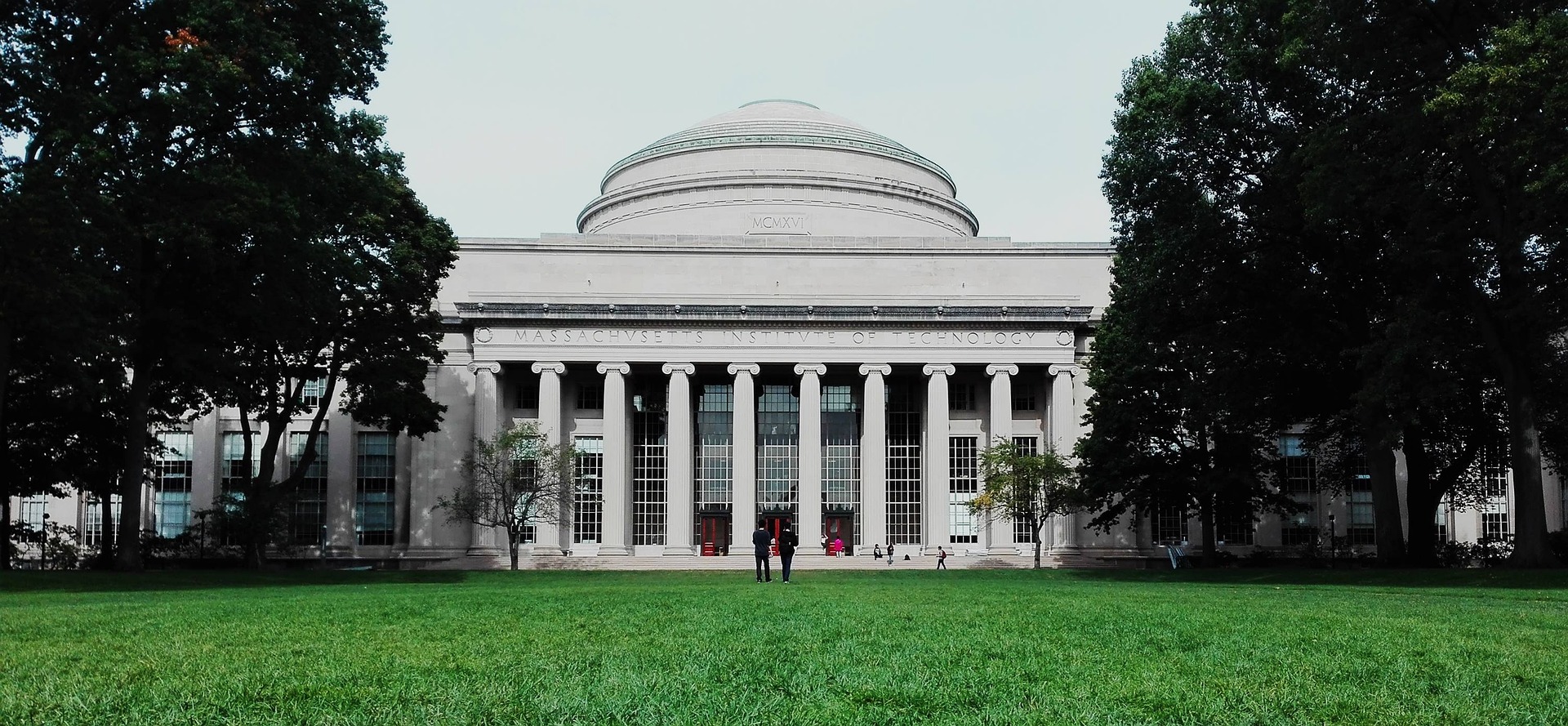You google for top study destinations abroad and both US and Canada find place in the top five most famous study abroad destinations for international students. The reasons are obvious - quality of education, world-class faculty, exhaustive course structure, post-graduation employment opportunities, and high standards of living.
In this article, we are going to compare the two largest countries of North America – Canada and the US to help students make an informed choice for applying to universities abroad. Moreover, distinguishing the cost of living in Canada vs USA. Let us quickly go through the pros and cons of studying in the US and Canada, and make you answer the question- Canada or USA: which is better for Indian students?














